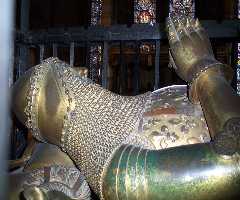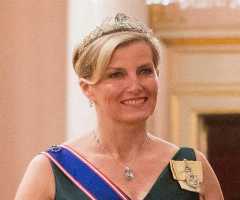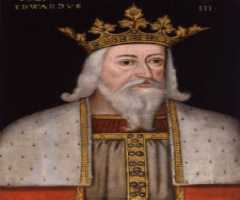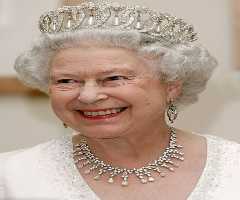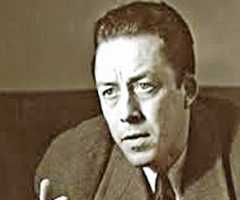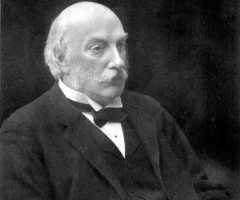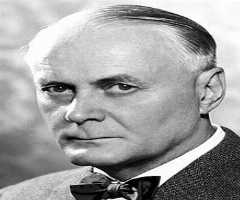Hussein bin Talal Biography, Life, Interesting Facts

Birthday :
Died On :
Birth Place :
Zodiac Sign :
On November 14, 1935, Hussein bin Talal was the King of Jordan forms1952 till his death in 1999. Hussein bin Talal took over the throne at age 17 after his dad King Talal resigned. His foremost ambition was to create suitable living conditions for Jordanians and did that through building a strong economy and industrial infrastructure to create jobs and also make Jordan self-sufficient.
Hussein bin Talal made great interventions in terms of education, sanitation, extended of water and electricity to benefit most of the populace and his reign Jordan saw the drop in infant mortality according to statistics of the UNICEF. His reign was able to withstand the Cold War and in 1994 became the second Arab leader to recognize Israel. Hussein bin Talal built strong international relations between Jordan and other countries and tried to foster peace with Israel.
Early Life
Hussein bin Talal was born in Amman to King Talal bin Abdulla and Princess Zein al-Sharaf bint Jamil. He had his elementary education in Jordan and later traveled to Alexandra, Egypt to school at the Victoria College. In England, Hussein bin Talal enrolled at the Harrow School then finally to the Royal Military Academy Sandhurst. Prince Hussein was with his grandfather King Abdullah I on July 20, 1951, at the Al-Aqsa Mosque, Jerusalem for Friday prayers when a Palestinian assassin opened fire on them leaving King Abdullah I dead, but Hussein survived.
According to reports, Hussein bin Talal was saved by a medal on his uniform which deflected a bullet targeted at him. King Abdullah’s first child Talal who was Hussein’s father then became King of Jordan while Hussein also became the Crown Prince on September 9, 1951. However, just thirteen months into the reign of King Talal, Hussein bin Talal was diagnosed with schizophrenia and Crown Prince Hussein bin Talal was to succeed him. On August 1952, he was named as King, but since he was 16 then, a Regency Council was appointed until May 2, 1953, age 17 when he was enthroned.
Reign
After King Hussein bin Talal ascended the throne in 1953, Hussein bin Talal worked his way out to declare Jordan an independent state in 1956. Hussein bin Talal the replaced all high ranking officials like Glubb Pasha and other British officers. Hussein bin Talal was bent on achieving regional peace and also Jordan being at peace with Israel with series of meetings with then Israel foreign minister Abba Eban and Golda Meir from 1963 at this time several Arab countries shared a different view and were at war with Israel.
Though King Hussein bin Talal had secretly negotiated a peace deal with Israel, the agreement was broken by Israel on November 13, 1966, by invading Jordanian territory. The invasion was highly criticised by the United States of America and deemed it as a betrayal to King Hussein bin Talal which could bring about counteractions not only from Jordan but other Arab governments. King Hussein bin Talal was therefore threatened by other Arab leaders to either join the Arab war against Israel or face a civil war in his country. To avert this situation, King Hussein bin Talal on May 30, 1967, signed a mutual defense treaty with Egypt.
Wars
Six-Day War
With the invasion by Israel, Jordan lost control of the West Bank, and their military was disorganized. Also, Palestinians who had also fled war and made it to Jordan as refugees between 1948 and 1967also started to undermine the ruling of King Hussein since they were many and at the time outnumbered the natural Jordan citizens. They formed the Palestine Liberation Organization used in fighting. Sensing looming danger, King Hussein bin Talal order their expulsion which also led several other Palestinians to flee to Lebanon. King Hussein further avoided joining any kind of agreement to save Jordan from other attacks from Israel.
Improving The Lives Of Jordanians
Aside from seeking regional peace he was a very responsible leader and ensured the betterment of the Jordanian citizens. He was able to improve upon the infrastructural and economic needs of the country. Some prominent social interventions projects were in regards to water, sanitation, and electricity which he improved from the 10% coverage he met to 99%. Hussein bin Talal also ensures a high literacy rate from 33% in 1960 to 85.5% by 1996. King Hussein bin Talal also decreased the infant mortality rate by almost half.
Honors
King Hussein bin Talal gained several national and international honors including Order of al-Hussein bin Ali, Supreme Order of the Renaissance, Order of the Star of Jordan, and Order of Independence. His international honors includes King Faisal II Coronation Medal, 1953, Grand Cordon of the Order of the Two Rivers, 1953, Biallif Grand Cross of the Venerable Order of Saint John of Jerusalem, 1955, Grand Cordon of the Order of Umayyad of Syria, 1955, Grand Cordon of the Order of Independence of Tunisia, 1956, and Knight of the Order of the Golden Spur of the Vatican, 1964. Orders include Grand Cross special class of the Order of Merit of the Federal Republic of Germany and Knight of the Order of the Elephant (Denmark), 1998.
Personal Life
King Hussein bin Talal was married four times first to Sharifa Dina bint Abdul-Hamid on April 18, 1955. The couple separated in 1956 and finally divorced in 1957. He then married Antoinette Gardiner who became later became Her Royal Highness Princess Muna Al-Hussein on May 25, 1961, and divorced on December 21, 1971. The couple were blessed with four children His Majesty Abdullah II, His Royal Highness Prince Faisal bin Al Hussein, Her Royal Highness Princess Aisha bint Hussein and Her Royal Highness Princess Zein bint Hussein.
Hussein bin Talal later married Alia Baha ud-din Toukan who became Her Majesty Queen Alia Al-Hussein on December 24, 1972, but died in a helicopter crash in Amman, Jordan in 1977. They had two children Her Royal Highness Princess Haya bint Hussein and His Royal Highness Prince Ali bin Al Hussein and also adopted Abir Muhaisen. In 1978, Hussein bin Talal married Lisa Najeeb Halaby who later became Queen Noor al Hussein and give birth to three children including His Royal Highness Prince Hamzah bin al-Hussein, His Royal Highness Prince Hashim Hussein bin Talal and Her Royal Highness Princess Iman bint Hussein.
Illness And Death
King Hussein bin Talal was diagnosed with lymphatic cancer in 1998and sought treatment in the United States. He had previously loss of a kidney in 1992 due to cancer. Though he had a successful treatment his refusal to rest for further days resulted in complications. King Hussein bin Talal died on February 7, 1999, from complications of non-Hodgkin’s lymphoma. Before his death, King Hussein bin Talal on January 24, 1999, had revised his will on succession which he previously designated to his brother Hassan to his eldest son Prince Abdullah.
More Royalty
-
![Edward, the Black Prince]()
Edward, the Black Prince
-
![Sophie, Countess of Wessex]()
Sophie, Countess of Wessex
-
![Edward II of England]()
Edward II of England
-
![Queen Elizabeth II]()
Queen Elizabeth II
-
![William Wallace]()
William Wallace
-
![George III of the United Kingdom]()
George III of the United Kingdom
